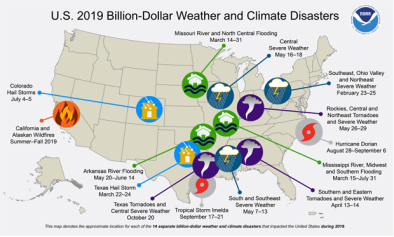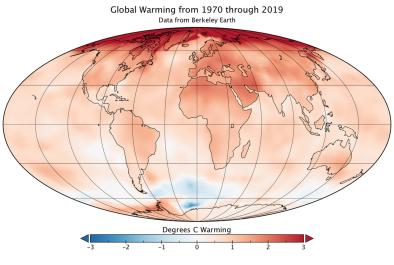Science Source
Rising pCO2 in Freshwater Ecosystems Has the Potential to Negatively Affect Predator-Induced Defenses in Daphnia
- States that surprisingly little is known about the impact of anthropogenically caused CO2 on freshwater systems due to their more complex biogeochemistry
- Analyzes long-term data from four freshwater reservoirs and observed a continuous pCO2 increase associated with a decrease in pH, indicating that not only the oceans but also inland waters are accumulating CO2
- Tests the effect of pCO2-dependent freshwater acidification using the cosmopolite crustacean Daphnia
- Bases control pCO2-levels on the present global pCO2average for general validity
- Selects treatments with very high pCO2 levels, assuming a continuous non-linear increase of pCO2, reflecting worst-case-scenario future pCO2levels
- Finds that such levels of elevated pCO2 reduce the ability of Daphnia to sense its predators and form adequate inducible defenses
- Determines that pCO2 and not the resulting reduction in pH impairs predator perception
- Concludes that if pCO2alters chemical communication between freshwater species, this perturbs intra- and interspecific information transfer, which may affect all trophic levels
Related Content
Headline

Jan 22, 2020 | Insurance Journal
Natural Disasters in Past Decade Broke Records for Economic, Insured Losses
Headline

Jan 14, 2020 | ClimateWatch Magazine
2010-2019: A landmark decade of U.S. billion-dollar weather and climate disasters
Science Source
| Nature Climate Change
Climate change now detectable from any single day of weather at global scale
Sebastian Sippel, Nicolai Meinshausen, Erich M. Fischer et al
Headline

Dec 5, 2019 | Washington Post
The simplest of climate models run decades ago accurately projected global warming


